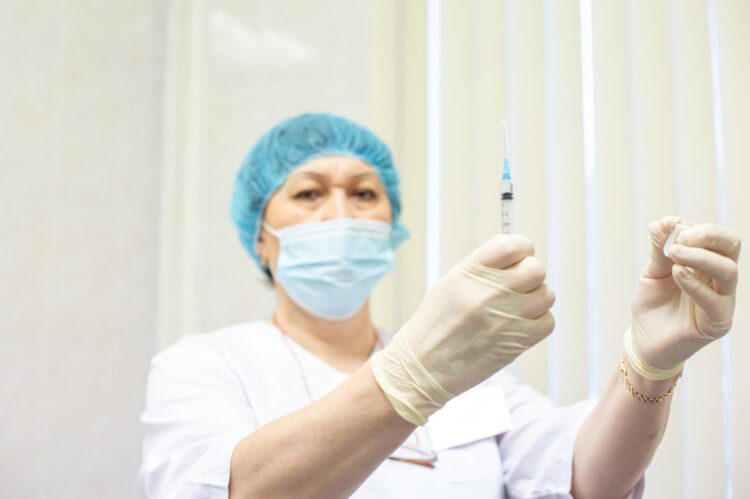This is evidenced by the experience of post-communist countries, including Russia
Bribery in the public healthcare does not solve the problem of poor quality of services, and even exacerbates it, researchers argue. The same can be said about the well-being of patients and their own assessment of health. In other words, bribes in the healthcare do not provide good quality services and do not pay off. Such conclusions were reached by an international team of researchers, including Olga Popova, the article’s co-author, an associate professor at the Ural Federal University (UrFU, Russia).
Researchers examined survey data on 41,000 citizens from 28 post-communist countries in Central and Eastern Europe, as well as the former Soviet republics, including Russia (information provided by the World Bank and the European Bank for Reconstruction and Development). The research results were published at the Journal of Comparative Economics.
“In general, the corruption mechanism that undermines people’s health is as follows,” said Olga Popova. “As everyday practice shows, the poorest strata of the population have the greatest health problems. They are also the ones who most often use medical services and, as a result, are more inclined than others to solve their problems with the help of bribes.”
Corruption is also fueled by the fact that healthcare workers can deliberately reduce the quality of service in order to receive informal remuneration, the researchers presume.
“However, the plight in public health together with dismissive and irresponsible attitudes toward the poor population groups lead to the fact that giving a bribe does not solve such problems,” said Olga Popova. “The other problems, including the frequent and unjustified absence of doctors, long waiting times for services, disrespectful treatment by the staff, unavailability of medicines, and uncleaned premises are not solved as well. The mismatch between the consequences of bribery and expectations while giving a bribe as well as the risk of disclosure lead to a deterioration in the well-being of patients who bribe.”
The researchers emphasize that bribery for any public service, not just healthcare, has the same adverse effect.
Another conclusion is that bribe-givers face the risks of health deterioration more often than other people. This happens because bribes divert the funds from personal and family budgets, disrupt the normal diet, and reduce the possibility of regular consumption of meat, chicken, fish or their vegetarian equivalent.
The lowest level of bribery in healthcare is in Slovenia, Estonia, Poland, Georgia, and the Czech Republic, while the highest is in Azerbaijan, Moldova, and Tajikistan. Russia is approximately in the middle of the ranking and is close to the positions of Lithuania and Bosnia and Herzegovina.
On average across the surveyed countries, 17% of the respondents reported having had a bribe-taking experience while receiving a health care in the public health system. About a third reported having such experience while receiving the other types of government services. In Moldova and Tajikistan, almost a half of the patients have an experience of corruption. In Ukraine and Azerbaijan ? about a third. In terms of the prevalence of corruption, including in the healthcare sector, European post-communist states are second after the countries in sub-Saharan Africa. Researchers call such volumes catastrophic and urge to fight corruption. Increasing the salaries of civil servants, law enforcement practice, and campaigns to create intolerance in society may help to solve the problem.
###
Media Contact
Anna Marinovich
[email protected]
Original Source
http://urfu.
Related Journal Article
http://dx.





